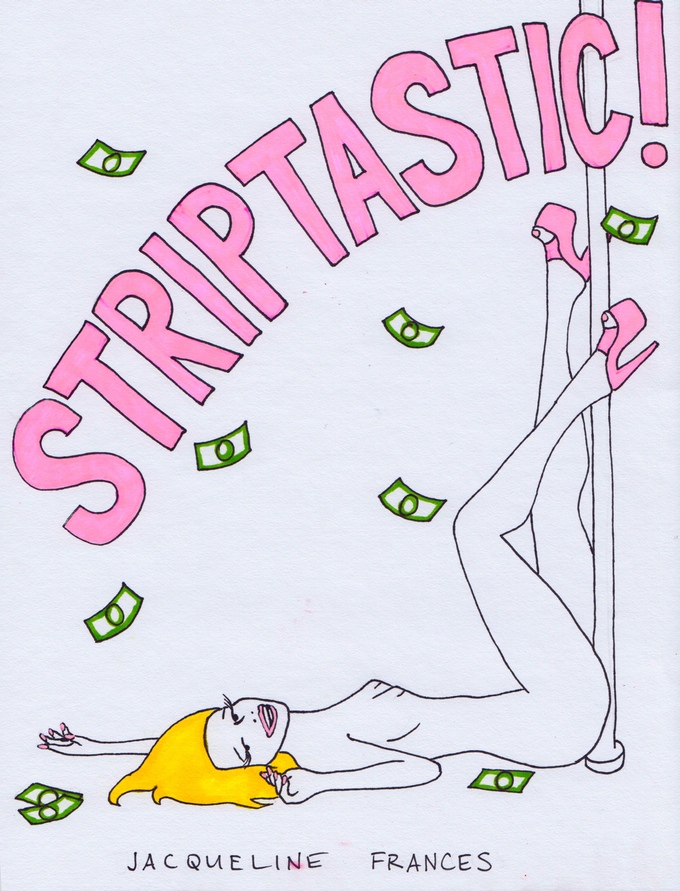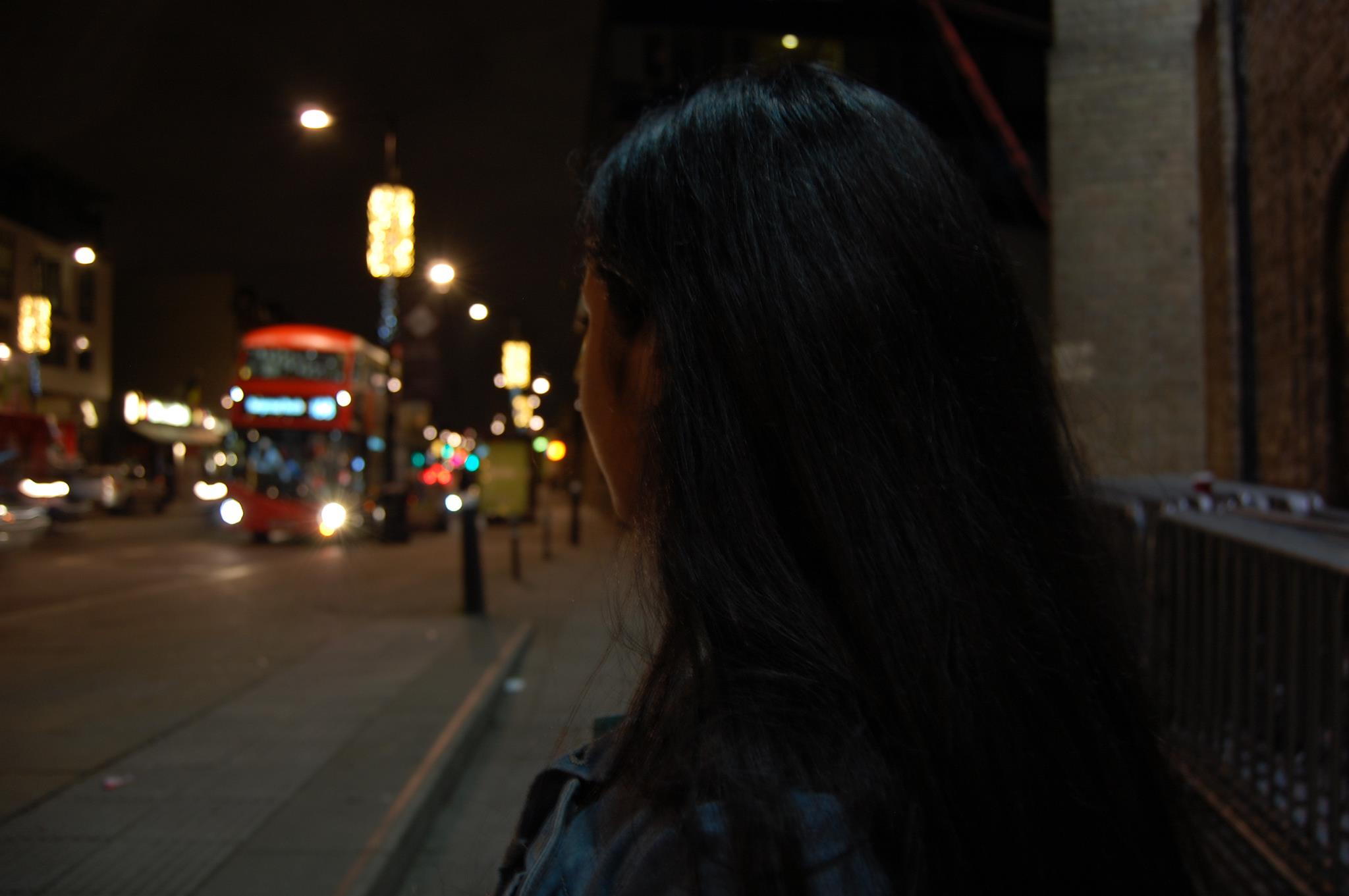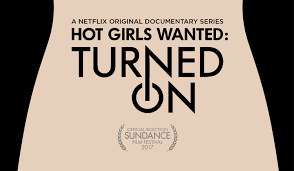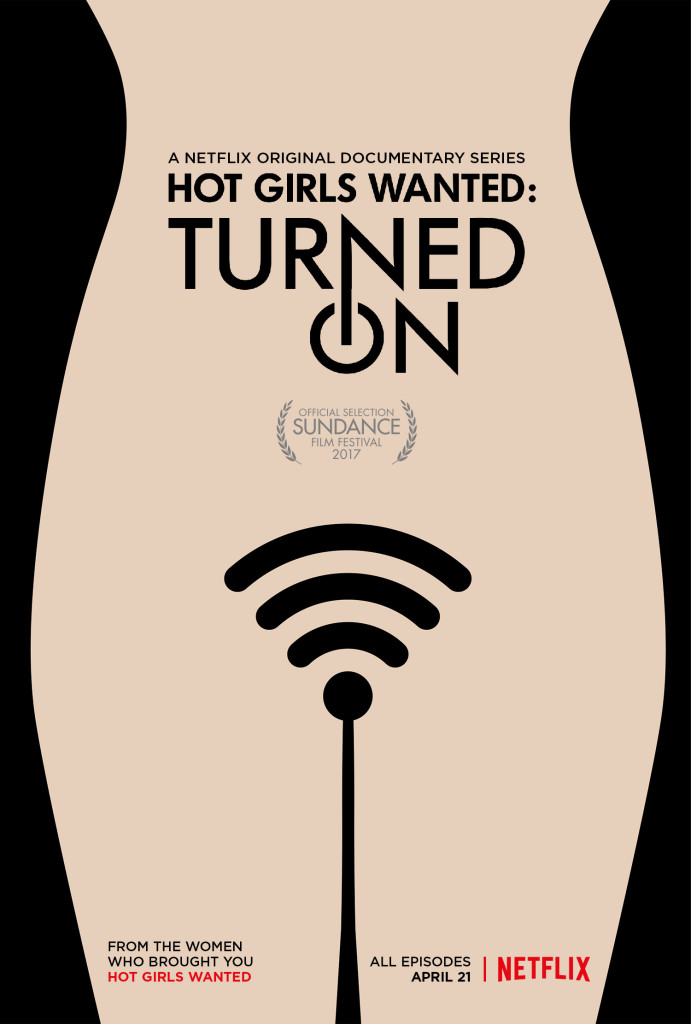Anyone who knows me will tell you I struggle with nuance. Different people have different ways of expressing this: two of my friends describe me as a typical Capricorn, I’ve been called an “angry bumblebee,” “strident,” and “ideologically rigid” by some of my best friends. They aren’t exaggerating! I’m capable of nuance, especially when talking… Continue reading Striptastic! (2017)
Queer Muslim Sex Worker (2017)
Queer Muslim Sex Worker: These are labels that aren’t supposed to go together, but in the life of Maryam, a genderfluid Pakistani Muslim person living in London, they do. A newly released, independently-funded podcast with this title by journalist Amy Ashenden aims to shed light on how Maryam’s different identities are sexualized, vilified, and ostracized… Continue reading Queer Muslim Sex Worker (2017)
Hot Girls Wanted: Turned On—The Production
I first heard that a sequel to Hot Girls Wanted was being made about three months ago. A performer I followed posted about being approached for filming. He rejected the offer immediately. I shared his discomfort. The first Hot Girls Wanted was a documentary film carefully designed to manipulate the viewer into feeling disgust towards… Continue reading Hot Girls Wanted: Turned On—The Production
Hot Girls Wanted: Turned On—The Subjects
Hi @netflix where is the button for Please Don’t Show Me Celebrity Documentaries Objectifying My Marginalized Cohort? — Lorelei Lee (@MissLoreleiLee) April 23, 2017 I want to believe with all my heart that material can be made about sex workers that doesn’t demonize or belittle us. I want to get the same feeling chefs… Continue reading Hot Girls Wanted: Turned On—The Subjects
Gia Paige After Hot Girls Wanted: Turned On
In a recent interview with Rolling Stone, Hot Girls Wanted: Turned On producer Rashida Jones reflected on the mistakes that were made with the original documentary: “I think that many people within the industry felt like the movie marginalized and further stigmatized sex work, which was not our intention at all.” It’s perplexing to reckon… Continue reading Gia Paige After Hot Girls Wanted: Turned On



